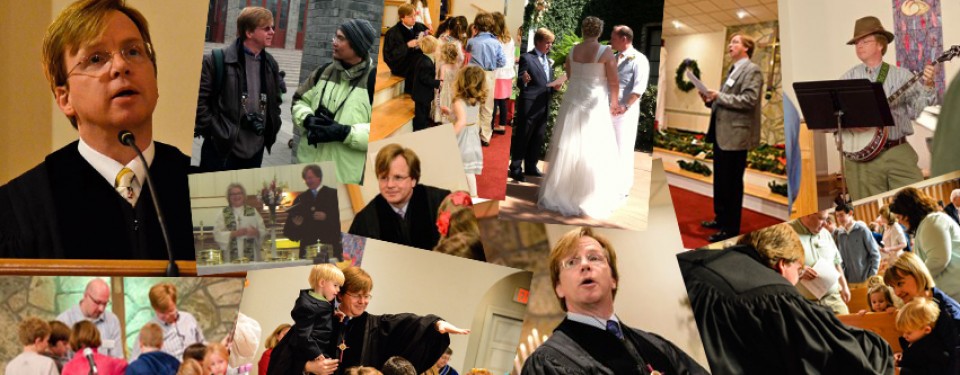Please join me in prayer.
O God on this Easter morning we are grieving our darkness and our losses before the Tomb of Jesus, as Mary did long ago. Like her, all we see before us is emptiness. We have run out of places where hope can be found for ourselves and for those whom we love. We feel vulnerable and afraid in the darkness.
As Mary stood weeping in the dawning light, she looked into that dark and empty tomb one last time. And there she found new hope for herself – and for us – that no matter how hopeless the world may seem, that tomb is God’s promise that in each ending there is a new beginning, and new life. A promise that God will never forget us. A promise that God’s hope is, and always will be, living within us, and will never die.
O God, you are with us in the midst of every one of the fears and tribulations we face in the present: job loss, illness, isolation, hunger, abuse, uncertainty, and the loss of loved ones. You are The Answer. Help us O God to live as you desire us to live, with hope, and proclaiming this knowledge, this certainty that you are here: working in and through us, and that not even death can stop your Word, or prevent us from finding new life, joy and peace through your Grace.
Lord, we lift up the many challenges that we, those close to us, and all of our fellow human beings face right now: pandemic and disease, recession, wars of many types and in many places; bigotry; injustice; natural and manmade disasters; poverty; the corruptive effects of concentrated wealth and power; and our own failure to care for this world and our neighbors as you intend us to do.
We lift up our congregation. Together may we, united in Christ, prayerfully and faithfully meet the needs that you have shown to us. May we clearly hear and respond to your Word and your call for us as a whole, and for each of us individually. Help us to always minister to others, to live, and to walk, in your love and grace.
Let us take a moment to lift up those who need our support through prayer this morning, and to lift up those needs that we ourselves have not shared, have left unspoken; or perhaps of which we cannot yet speak…
And now Lord, we join together to recite the prayer you taught us so long ago, saying… (trespasses)
Our Father, who art in heaven, hallowed be thy name. Thy kingdom come. Thy will be done on earth, as it is in heaven. Give us this day our daily bread. And forgive us our trespasses as we forgive those who trespass against us. And lead us not into temptation, but deliver us from evil. For Thine is the kingdom, and the power, and the glory, for ever. Amen.
Delivered at Memorial Congregational Church UCC in Sudbury MA, April 12, 2020 (Easter Sunday).
Source scripture, John 20:1-18.
Copyright (c) 2020, Allen Vander Meulen III.
This work is licensed under a Creative Commons Attribution-NonCommercial 4.0 International License.



 Senator John McCain was born in the 1930’s – just as my parents were.
Senator John McCain was born in the 1930’s – just as my parents were.
 NB: The sermon was preceded by this
NB: The sermon was preceded by this 



